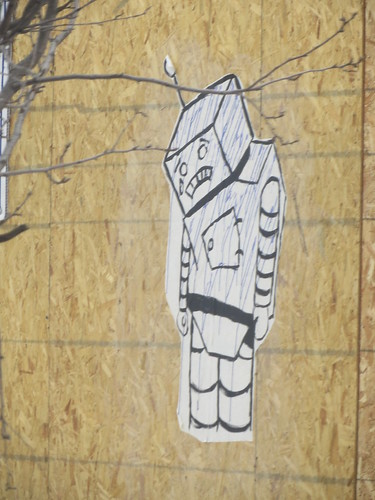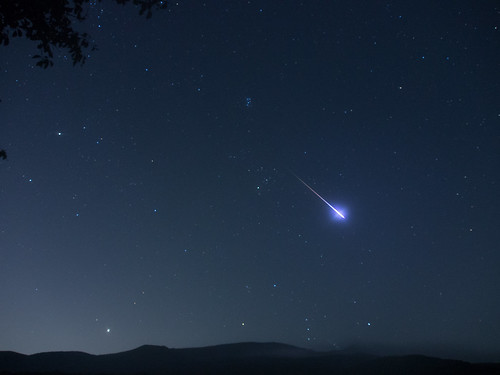Welcome to Word Buzz Wednesday, in which we round up our favorite buzzworthy words of the week. The latest: go tell it on Denali; allergic to tech; Stonehenge on steroids.
Cambrian explosion
“But ‘from the human point of view,’ The Economist notes, ‘the significance of the Cambrian explosion is that homo sapiens wouldn’t be here if it hadn’t happened.’”
“What caused the Cambrian explosion, ‘biology’s Big Bang’? The Economist explores,” The Week, August 28, 2015
The Cambrian explosion is essentially “biology’s Big Bang,” says Andrew Parker, a life science professor at London’s Natural History Museum. While no one knows why it happened, a few theories include: a sharp increase in water oxygen levels, new nutrients due to melting glaciers, and — the old evolutionary standby — a “catastrophic explosion.”
As for the name Cambrian, that comes from the Cambrian period, the “first geological period of the Paleozoic Era.” Cambria is the Latin name for Wales — which is “where Britain’s Cambrian rocks are best exposed” — and an alteration of Cumbria, which is itself an alternation of the Welsh Cymry.
Denali
“Alaska’s Mount McKinley was due to become Denali, its traditional name, used by locals and indigenous people, according to a news release from the White House.”
Julia Glum, “What Does Denali Mean? Mount McKinley’s New Name Traditionally Defined As ‘The High One’,” International Business Times, August 31, 2015
Denali is the traditional name for Mount McKinley and translates from Koyukon, the language of the Athabascan people of northern Alaska, as “the high one” or “the great one.”
North America’s highest mountain was named Mount McKinley in 1896 in honor of William McKinley who had been nominated for president, says IBI Times. In 1980, the name was officially changed to Denali, but only now will it be officially officially changed.
gadget allergy
“A French woman has won a court-ordered disability grant after claiming to suffer from a ‘gadget allergy’ due to electromagnetic radiation.”
Michael Rundle, “‘Gadget allergy’ disability recognised in French court,” WIRED, August 28, 2015
The woman in question claims to suffer from Electromagnetic Hypersensitivity, symptoms of which include “headaches, nausea, tiredness and ‘tingling’ sensations when exposed to electromagnetic radiation from cellphones, WiFi or even just batteries” — anything that gives off electromagnetic radiation. Studies haven’t shown a link between this type of radiation and health problems.
superhenge
“The recumbent stones became lost beneath a huge bank and were incorporated as a somewhat clumsy linear southern border to the otherwise circular ‘superhenge’ known as Durrington Walls.”
Iam Sample, “‘Archaeology on steroids’: huge ritual arena discovered near Stonehenge,” The Guardian, September 6, 2015
Superhenge refers to Durrington Walls, a “massive stone monument” recently discovered close to Stonehenge. Superhenge might be “the largest surviving stone monument, preserved underneath a bank, that has ever been discovered in Britain and possibly in Europe.”
temporal myopia
“Temporal myopia may be largely due to [procrastinators’] high levels of stress which can shift their focus to more immediate rather than distant concerns.”
Shirley S. Wang, “To Stop Procrastinating, Start by Understanding the Emotions Involved,” The Wall Street Journal, August 31, 2015
Temporal myopia refers to not having a clear picture of oneself in the future. According to The Wall Street Journal, procrastinators seem to experience a disconnect between their current decisions and actions and their future selves, which are often “more abstract and impersonal,” and to which they’re less emotionally connected.
The word myopia comes from the Greek muōpiā, nearsighted.






